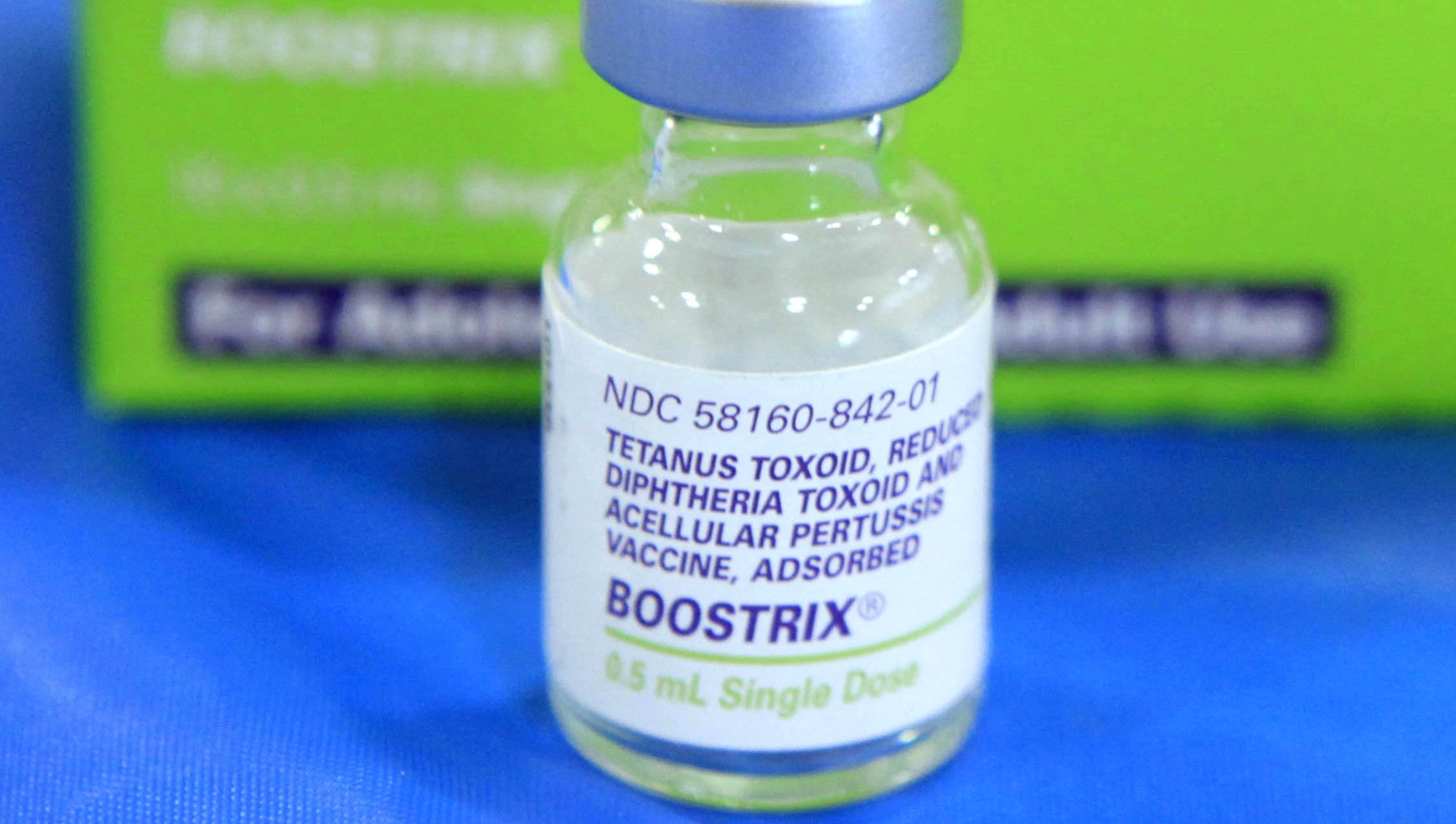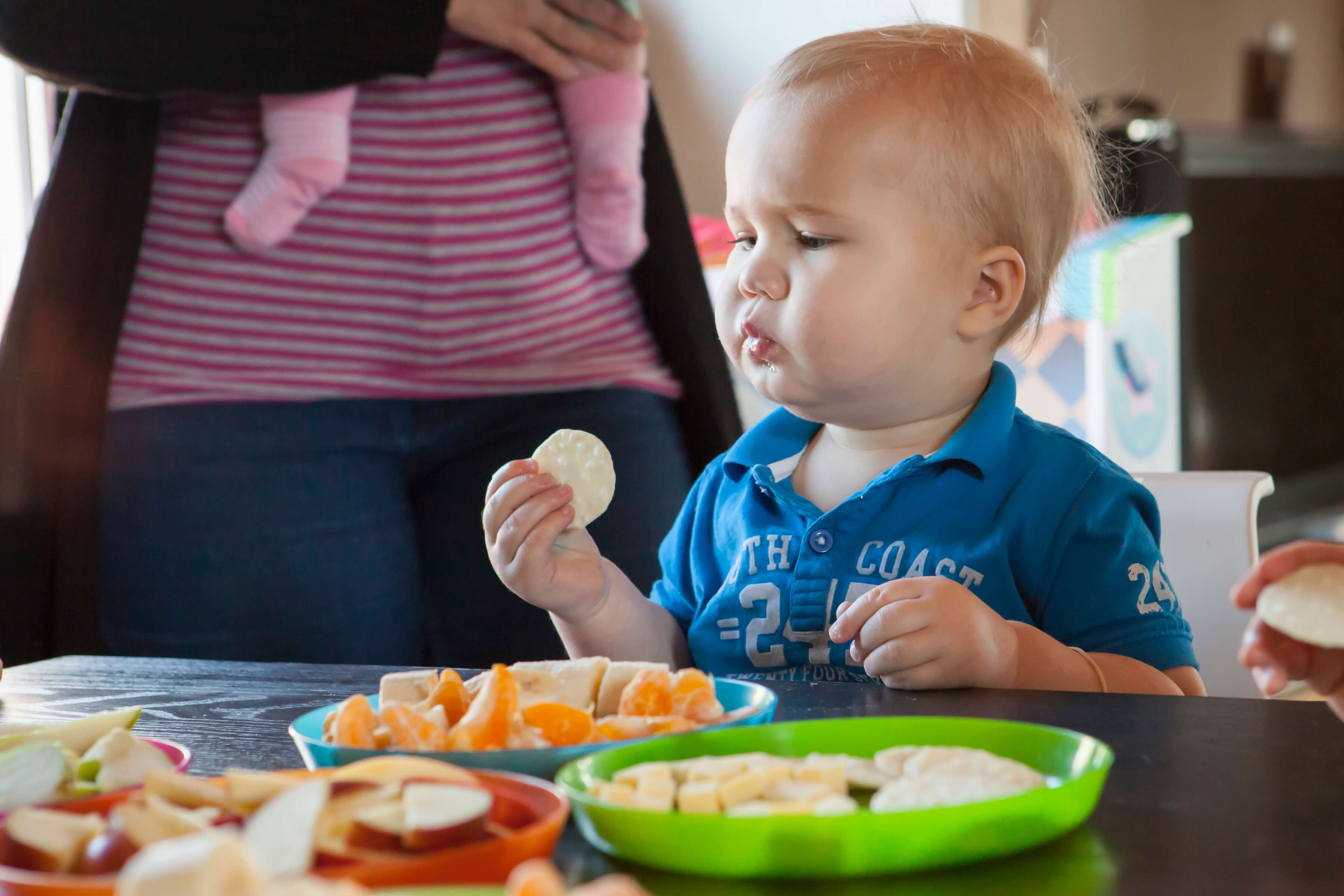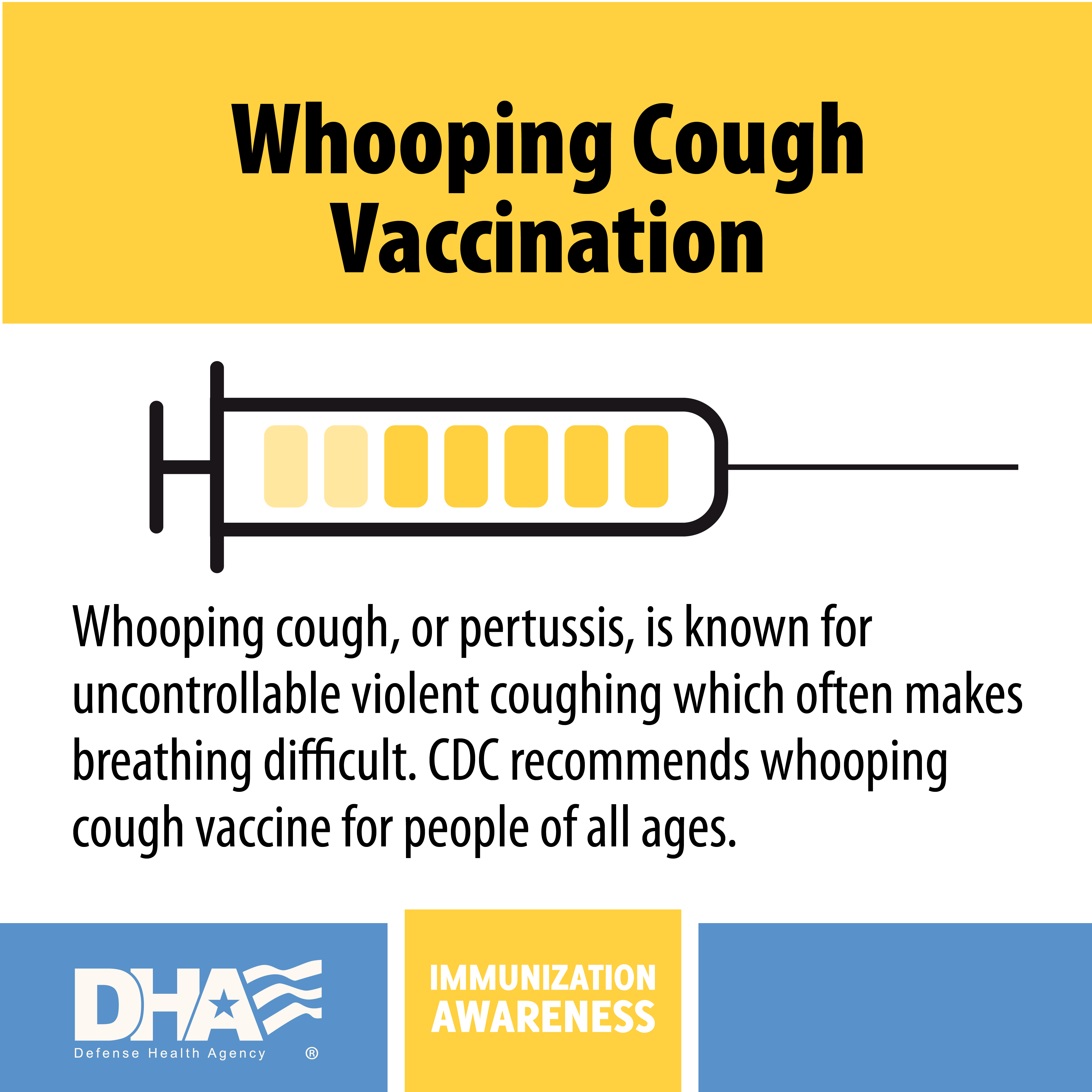Editor's Note: "Whooping Cough Vaccination: Protection Against A Contagious Childhood Disease" has been published to emphasize the importance of vaccination to protect against this deadly disease.
After analyzing the data, we have compiled this guide to help you make informed decisions concerning whooping cough vaccination.
Key differences or Key takeways:
|:---|:---|
| Protection against whooping cough | Bacterial infection of the respiratory tract |
| Safe and effective | Can be fatal in young children |
| Recommended for all children | Spread through respiratory droplets |
FAQ
The following frequently asked questions address common concerns and misconceptions about the whooping cough vaccine, a crucial preventive measure against this contagious childhood disease. Whooping Cough Vaccination: Protection Against A Contagious Childhood Disease

Panel: Pregnant women, get whooping cough shot - Source www.usatoday.com
Question 1: Is the whooping cough vaccine safe?
Studies have consistently demonstrated the safety of the whooping cough vaccine. Although it can cause mild side effects such as redness or pain at the injection site, these typically resolve within a few days.
Question 2: Why do I need a whooping cough booster shot?
The immunity provided by the primary whooping cough vaccine series wanes over time, making booster shots necessary to maintain protection throughout life. Booster shots are particularly important for pregnant women, as they confer antibodies to their newborns during pregnancy.
Question 3: Can I get whooping cough even if I am vaccinated?
Although the vaccine is highly effective, it is possible to contract whooping cough if exposed to a high enough dose of the bacteria. However, vaccinated individuals typically experience milder symptoms and are less likely to develop severe complications.
Question 4: My child has underlying health conditions. Is the whooping cough vaccine still safe for them?
The whooping cough vaccine is generally safe for children with underlying health conditions. However, it is essential to consult a healthcare professional to determine if any precautions are necessary.
Question 5: What are the risks of whooping cough?
Whooping cough can cause severe complications, particularly in infants and young children. These complications can include pneumonia, seizures, and even death. Vaccination is the most effective way to protect against these risks.
Question 6: How can I get vaccinated against whooping cough?
The whooping cough vaccine is part of the routine childhood vaccination schedule. It is administered as a series of shots, typically given at 2, 4, 6, and 15 to 18 months of age. Booster shots are recommended for adolescents and adults.
In conclusion, the whooping cough vaccine is a safe and effective way to protect against this potentially severe childhood disease. By addressing common concerns and providing factual information, this FAQ empowers individuals to make informed decisions about vaccination.
To learn more about the whooping cough vaccine and its importance, please refer to additional resources.
Tips
To protect oneself and others against whooping cough, a few key measures can be considered:
Tip 1: Vaccination: Vaccination remains the most effective method of protection against whooping cough. The vaccine is widely available and is recommended for infants, children, and adults who have not previously been vaccinated.
Tip 2: Hygiene: Maintaining proper hygiene can help reduce the spread of whooping cough. Frequent hand washing and covering coughs and sneezes with tissues or a bent elbow can help prevent the transmission of bacteria.
Tip 3: Isolation: If infected with whooping cough, it is crucial to isolate oneself to avoid spreading the infection to others. Staying home from work or school, limiting contact with others, and wearing a face mask can help minimize the risk of transmission.
Tip 4: Medical attention: If symptoms of whooping cough are suspected, seeking medical attention promptly is essential. Early diagnosis and appropriate treatment can help reduce the severity and duration of the infection.
Tip 5: Care for others: Caring for someone with whooping cough requires diligent hygiene practices. Frequent hand washing, disinfecting surfaces, and wearing a mask while providing care can help prevent infection.
Following these tips can significantly reduce the risk of contracting or spreading whooping cough, contributing to the overall health and well-being of individuals and communities.
Whooping Cough Vaccination: Protection Against A Contagious Childhood Disease
Whooping cough, a highly contagious respiratory disease, can be prevented by vaccination. Vaccination provides crucial protection against this disease, safeguarding the health and well-being of children and reducing its prevalence within communities.
- Effectiveness: Proven to reduce whooping cough cases and severity.
- Safety: Meets strict safety standards and is well-tolerated.
- Herd immunity: Vaccination contributes to herd immunity, protecting vulnerable populations.
- Timely administration: Vaccination at recommended ages ensures optimal protection.
- Multiple doses: Requires multiple doses to achieve long-lasting immunity.
- Prevention: Vaccination remains the most effective way to prevent whooping cough.
For instance, vaccination has led to a significant decline in whooping cough cases and hospitalizations in countries with high vaccination rates. It is crucial for parents to ensure their children receive the recommended doses of the whooping cough vaccine to provide them with the best protection against this potentially severe and preventable disease.
Protect Your Family With Flu, COVID-19, and RSV Vaccines | Health.mil - Source hearing.health.mil
Whooping Cough Vaccination: Protection Against A Contagious Childhood Disease
Whooping cough, also known as pertussis, is a highly contagious bacterial infection of the respiratory tract. It is caused by the bacterium Bordetella pertussis and is characterized by severe coughing spells that can last for weeks. Whooping cough can be a serious illness, especially for infants and young children, and can lead to hospitalization, pneumonia, and even death.

Whooping cough vaccine could help in the fight against food allergies - Source www.telethonkids.org.au
The whooping cough vaccine is a safe and effective way to protect children from this serious illness. The vaccine is typically given as a series of shots, starting at 2 months of age. The vaccine is very effective at preventing whooping cough, and it is estimated that it has saved millions of lives worldwide.
Despite the effectiveness of the whooping cough vaccine, there are still some people who choose not to vaccinate their children. This is a dangerous decision that can put children at risk for a serious illness. If you are considering not vaccinating your child against whooping cough, please talk to your doctor first. They can provide you with more information about the risks and benefits of the vaccine and help you make an informed decision.
Whooping cough is a serious illness that can be prevented by vaccination. If you are not sure whether or not your child is vaccinated against whooping cough, please contact your doctor.
| Whooping Cough | Symptoms | Treatment |
|---|---|---|
| Whooping cough is a bacterial infection of the respiratory tract. | Symptoms include severe coughing spells, fever, and runny nose. | Treatment includes antibiotics and supportive care. |
Conclusion
Whooping cough is a serious illness that can be prevented by vaccination. The whooping cough vaccine is safe and effective, and it is the best way to protect children from this potentially life-threatening disease.
If you are not sure whether or not your child is vaccinated against whooping cough, please contact your doctor. They can provide you with more information about the risks and benefits of the vaccine and help you make an informed decision.

